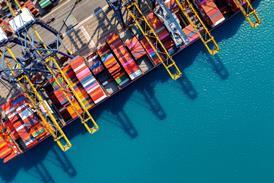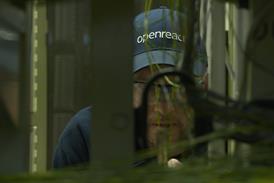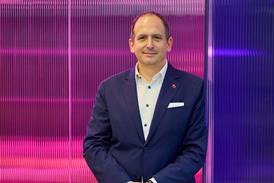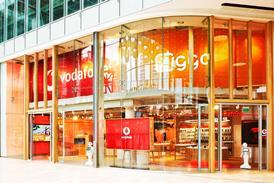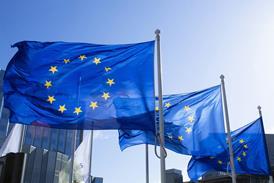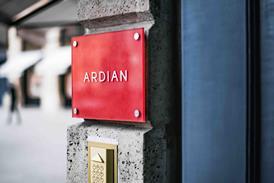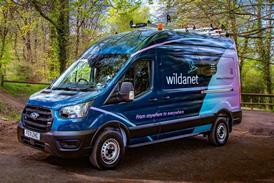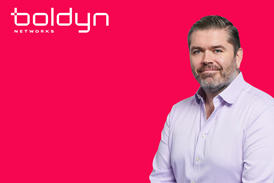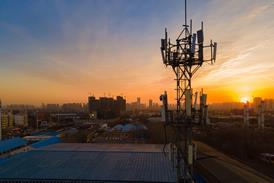Close menu
- Home
- Telcos
- Network & IT
- Infra
- People
- Finance & Strategy
- Events
- Regions
- Thought Leadership
- Premium
- TelcoX EMEA Leadership & Performance Study
Vodafone goes French for German FibreCo deal
Ken Wieland2022-10-17T15:38:00

Read goes off-balance sheet with French telecoms group to build FTTP network passing seven million homes.
Register for free to continue reading this article
Already registered? Sign in here.
Join the TelcoTitans community and continue reading this article
By registering for a free account, you will get immediate access to the rest of this article, plus:
- Enhanced access to TelcoTitans with three free article views per month
- TelcoTitans Daily and Weekly newsletter briefings
“The detail is very good. Better than we get internally.” – GM, Vodafone OpCo
Want full access to TelcoTitans content? Check out our subscription options.








